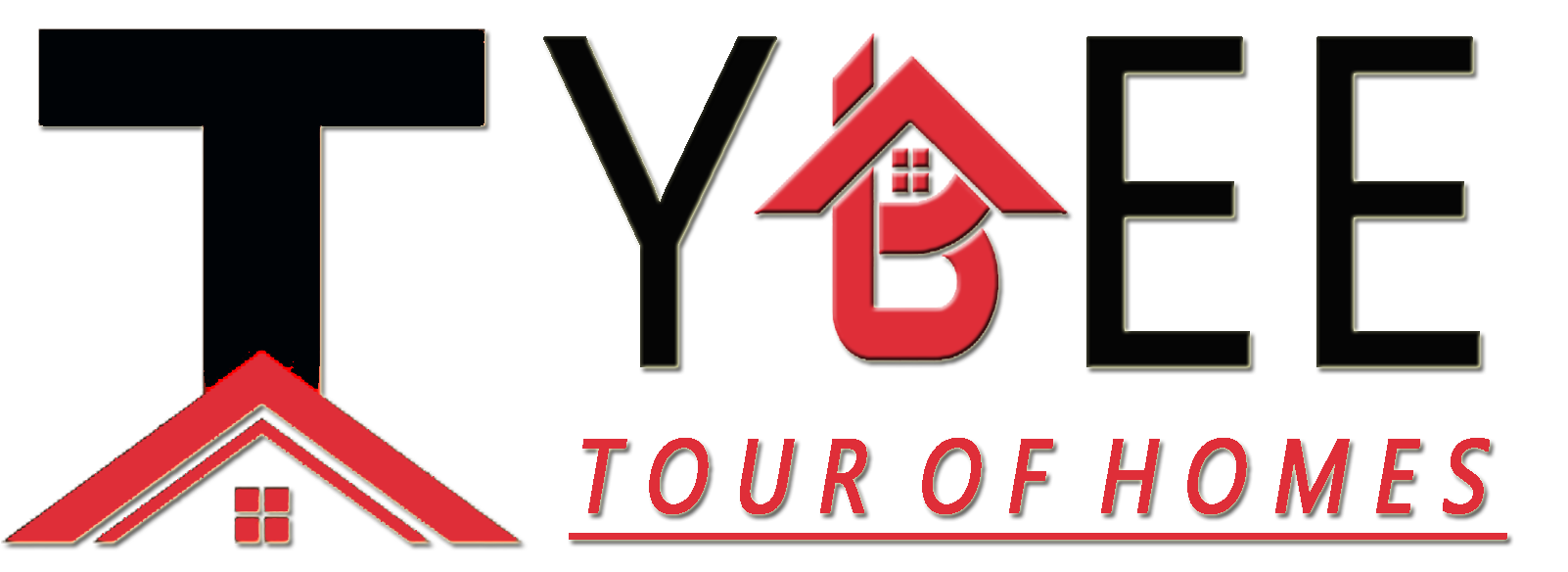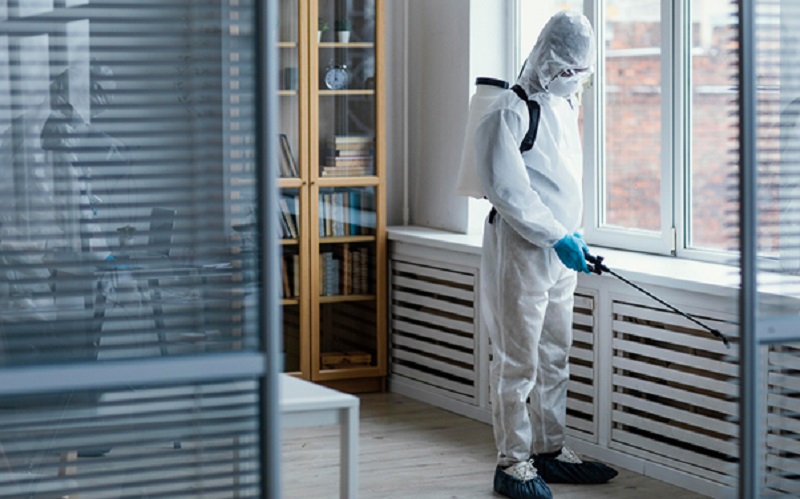Each morning starts with a detailed briefing. Disinfection services in Singapore typically report early to their headquarters or operational base. The team lead outlines the day’s assignments, which may range from office buildings to retail spaces, clinics, and schools. Clear communication is crucial, as each site presents different challenges and protocols.
Before departure, the team performs equipment checks. Disinfection sprayers, fogging machines, disinfectant chemicals, and personal protective equipment (PPE) must be fully operational and in good working condition. Personal protective equipment (PPE) such as full-body suits, gloves, masks, and goggles is worn at all times to minimise exposure and maintain safety standards.
Arriving on Site: Site Assessment and Safety Protocols
Upon reaching the assigned location, the team begins with a site assessment. This involves walking through the space, identifying high-touch areas, and checking ventilation. Clients are typically advised to vacate the premises during treatment. Before beginning the process, the team marks off areas that will be disinfected and ensures warning signs are placed at entrances.
The cleaning company in Singapore ensures that all team members follow a systematic approach to avoid missing any section. Safety remains a priority, both for the staff and the environment they are working in.
Pre-Cleaning: Removing Visible Dirt and Debris
Disinfection is most effective when preceded by proper cleaning. The team begins by removing dust, dirt, and surface grime. Using microfibre cloths and approved cleaning agents, they wipe down desks, door handles, lift buttons, and switches. Vacuuming is done for carpets or fabric furniture, particularly in office settings.
This pre-cleaning step is vital. Disinfection chemicals are designed to eliminate microorganisms, but they work best on surfaces free of contaminants. Many cleaning services in Singapore include this two-step approach to ensure higher efficacy.
The Core Task: Applying Disinfection Solutions
With surfaces cleaned, the disinfection process begins. Teams use fogging machines or electrostatic sprayers, depending on the environment. These tools allow even distribution of disinfectant mist across large areas. The disinfectants used are hospital-grade and approved by health authorities. They are effective against a wide range of viruses and bacteria. The team works methodically, moving from one zone to another, ensuring that all areas are fully covered and left to dry naturally.
High-touch points receive extra attention. Light switches, handrails, telephones, and office equipment are wiped thoroughly using stronger concentrations or contact-based applications. This part of the process can take several hours, depending on the size of the space.
Documentation and Quality Assurance
Once disinfection is complete, the team conducts a final walk-through. Supervisors check if all zones were treated and confirm the time required for safe re-entry. The cleaning company usually documents the job, taking photographs and noting the type of disinfection service performed. Many disinfection services in Singapore now include digital records as part of their service. These records help clients meet compliance requirements, particularly in healthcare and food-related sectors. Certificates of completion may be issued for high-sensitivity locations.
Learn More: Unveiling the Power of Disinfection Services
Waste Disposal and Equipment Sanitisation
After leaving the site, the team shifts focus to equipment and PPE disposal. Single-use gloves, masks, and other consumables are placed in biohazard bags and handled restrictions. Sprayers are cleaned thoroughly with appropriate agents to reduce cross-contamination. Vehicles are also sanitised regularly, especially when handling multiple jobs in a single day.
This step reflects the high standards maintained by cleaning services Singapore businesses rely on, particularly as health and safety expectations have evolved post-pandemic.
Briefing and Downtime
The day usually ends with a debrief. Team leads assess what went well and whether any operational challenges arose. Feedback is shared and recorded for improvements in the future. If time permits, staff may also receive refresher training on handling new chemicals or updated protocols.
Work in this field is physically demanding and mentally focused. While many cleaning companies in Singapore rotate shifts to prevent burnout, the dedication of these teams remains clear in every task they perform.
For more information about disinfection services you can trust, contact LIFELINE CLEANING today.





